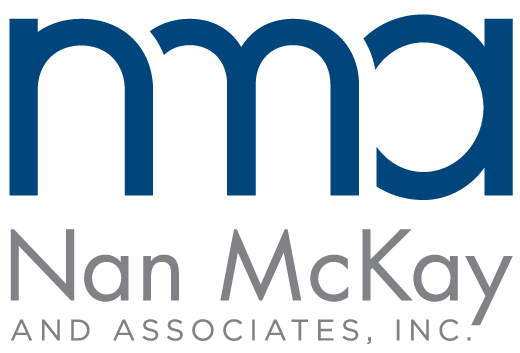How to make informed reasonable accommodation determinations: Step #4

Step #4: Offer reasonable alternatives and make a final decision.
The reasonable accommodation process may include ongoing negotiations and communication between the requester, the PHA, advocates, and knowledgeable professionals. It's important to remember that what is reasonable in one situation may not be reasonable in another.
Your PHA may not be able to exactly meet the initial accommodation request. If this is the case, PHAs can and should offer alternative options if they exist. Keep in mind that the initial response to an accommodation request that the agency determines it is either unable or unwilling to approve should be a soft "no" with an explanation and an offer of an alternative if it exists.
We recommend that agencies make their best
attempt to understand what the requester is
really asking for, and why — and act to find
a solution that works for all parties involved.
Accommodation requests may have to go back and forth several times between management and a requester. Your PHA should objectively apply its reasonable accommodation policies and procedures throughout this process, ultimately ending in a final determination about whether to grant the reasonable accommodation request.
Although it appears complicated on the surface, the reasonable accommodation process can be distilled down to the four basic steps we've covered here:
- Determine if the requester is a person with disabilities.
- Identify the core request and the nexus.
- Determine whether the request is reasonable.
- Offer reasonable alternatives and make a final decision.
Each step represents a different component of the reasonable accommodation process, and understanding the nuances of each is vital for ensuring compliance with fair housing requirements and maintaining good working relationships with your clients with disabilities. With a firm grasp of each part that makes up the whole, the process can run more smoothly — both your agency and your clients will benefit from the results.
Becky Gligo has been a trainer and consultant at Nan McKay and Associates since 2008. She trains hundreds of housing authority staff each year, both in open enrollment and onsite trainings. Ms. Gligo is one of NMA's primary fair housing experts. She has previously written for the NMA blog about fair housing and limited English proficiency (LEP), ensuring accuracy in rent calculation, and ideas for affirmatively furthering fair housing at your PHA.
Do you have concerns about whether or not your agency is compliant with federal fair housing law? Nan McKay and Associates can help. Our resources for your PHA include consulting, a newly-updated video, and a training seminar, also newly updated.

